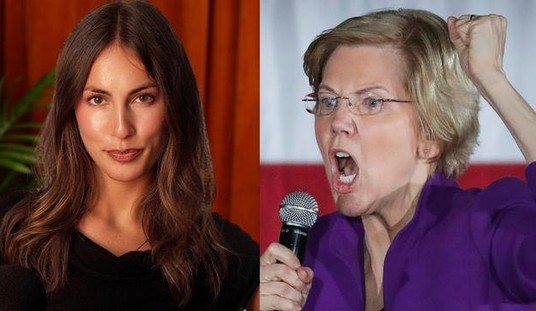Back in May of 2008, when the Dow Jones was well over 12,000 points and the presidential race still very much in flux, I linked to this quote from Rep. Paul Kanjorski (D-PA):
“All we’re doing is going into the basket and saying, ‘Damn, what did they do in ’32, what did they do in ’34, what did they do in ’36,’ and we’re pulling them out, dusting them off, giving them a paint job, correcting the fenders a bit, and we’re using them,” Congressman Paul Kanjorski (D-PA) said. “To get us through the horrendous problems we may have over the next several years, we’ve got to make these old programs work, and we’ve got to be as inventive as hell.”
So a year and a half later, how’s that bridge to the New Deal coming along?
The U.S. government must spend its way out of the recession, the Democrats’ third-ranking House leader stressed Monday.
Rep. James Clyburn (D-S.C.), the House majority whip, said that trying to find greater savings in the budget, which was released by President Barack Obama this morning, wouldn’t help alleviate the recession.
“We’ve got to make some decisions here as to what’s in the best interests of our country going forward,” Clyburn said during an appearance on Fox News. “And I think the best interest is to invest in education, control these deficits, while at the same time trying to get people back to work.”
“We’re not going to save our way out of this recession,” the majority whip added. “We’ve got to spend our way out of this recession, and I think most economists know that.”
Raise taxes, regulated business into near oblivion, and and skyrocket the deficit. What could go wrong?

Update: “This budget presents a choice of two futures,” Rep. Paul Ryan (R., Wis.), the ranking member of the House Budget Committee, says. “Don’t look at the president’s rhetoric, look at his actions. His substance implies a different reality. Not only is this budget worse than the last one, but it triples our debt within ten years, features gushers of tax increases, and relies on some partisan commission to do the heavy lifting on fiscal policy after the next election. Make no mistake: This is a budget aimed to advance the administration’s philosophy and ideology. By increasing taxes and letting the country spiral into debt, this budget is a firm step toward transforming America into a collectivist society overseen by a social-welfare state.”










Join the conversation as a VIP Member